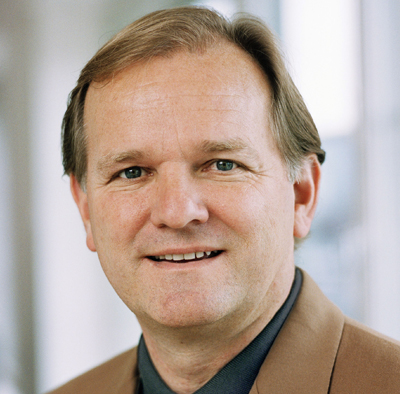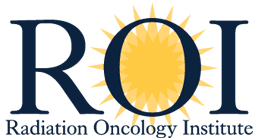Joseph Jachinowski, MS

What is something about you not everyone knows?
I'm an avid guitar player who doesn't play well or often enough. I'm an avid fisherman who doesn't get a line wet often enough. I'm an avid pilot who doesn't log enough stick time. I'm an avid skier who doesn't get enough powder runs in—actually I do pretty well at this one. The real juicy stuff I save for strangers in a strange land.
What have you learned about giving?
For many years of one's career and life, much emphasis can be placed on attaining some goal: financial security, professional recognition or personal achievement. The nature of this goal seeking is a necessary focus on self. "Giving," whether it is of a financial nature or of a time nature, turns that focus inside out and it indeed can be very rewarding. To know by one's financial donation that a cause is being forwarded or a common goal is being advanced by volunteering time or a child is being coached or educated to help them achieve their life goals, is a great reward. Outside of the pleasure my immediate family brings, the donations I have made to my university, the ROI and coaching have been high on my life list of rewarding feelings.
Why did you decide to go into the radiation oncology field?
As a young engineer, I choose to enter into radiation oncology because it provided an opportunity to not only engage in very leading-edge technology development but to have the satisfaction of knowing that one's work product was contributing to making other lives better. And the "frosting on the proverbial cake of life" was the opportunity to work with all the great and dedicated people this field attracts.
What are your hopes for the future of radiation oncology?
In many ways radiation oncology still feels like it is in its infancy. Our techniques and technologies for accurate targeting and sculpting of dose distributions still have a way to progress. And, we are only starting to understand the intricacies of short- and long-term patient outcomes. I believe that we have to become far more data driven in the design of our treatment protocols and in improving the overall quality of treatments and the treatment experience for patients.
Why would a company want to contribute to ROI?
The ROI is a fantastic vehicle for the field of radiation oncology to use to ask and answer questions of our practices to demonstrate the clinical and economic viability of radiation oncology in isolation and as compared to other "competing" treatment modalities. It is in the vested interest of all companies who profit from commercial transactions in radiation oncology to give some back so that we can collectively continue to advance the science and practice patterns of the field.
Why do you support ROI?
Personally, the field of radiation oncology has provided me with a life experience that I will forever treasure. From the people I have met, to the development advancements in which I have had the good fortune to participate, to the living I have made, being involved in radiation oncology has been a stimulating and fulfilling experience for the almost (gulp) 30 years that I have had the pleasure of being a part of it. It is an honor and a privilege to be able to "give back" by contributing to the ongoing development of the field with time and financial donations to the ROI.
Joe Jachinowski is CEO of Mevion Medical Systems in Littleton, Mass. He is a Benefactor in the ROI Founders' Circle and a member of the ROI Board of Trustees.














